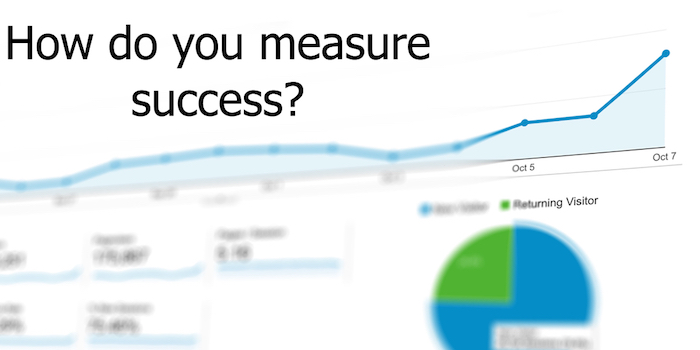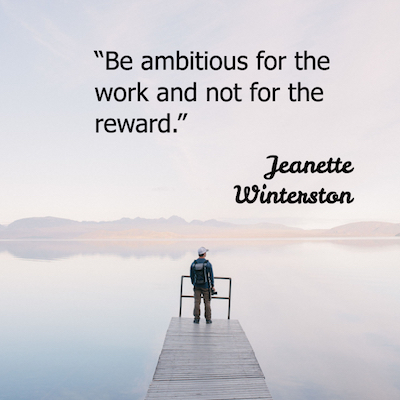 “What’s the moment you realize you’ve been successful?”
“What’s the moment you realize you’ve been successful?”
A friend who was about to publish her first book asked me this question the other day. It made me pause.
Most authors, indie or otherwise, won’t find their books on the New York Times best seller list. They won’t make hundreds of thousands of dollars, at least from a single book. Few will be famous.
At the same time, many indie authors I know are quite successful – on their own terms.
We have to look for other indications, other metrics, to know that we’ve succeeded.
How Do You Measure Success?
Choose your metrics with care, because they influence your behavior.
- If you define success on purely financial terms, you’re likely to price your books too high, which can limit their reach.
- Authors who covet the “best seller” label may mis-categorize their books, or chase such a wide audience that they miss the people who will gain the most from the book.
- Bloggers who constantly pursue elusive “viral” success find it difficult to build a loyal, returning audience of readers.
A more robust definition of success will help you weather the rough patches, negative reviews, and nearly relentless work of book marketing.
Here’s one that works for me: helping others.
Perhaps it’s easier for nonfiction authors, but consider defining your success as providing truly useful, valuable information to a well-defined group of people.
Fiction authors can focus on something similar: delivering a reading experience that is [enjoyable | fun | engrossing | thrilling] for people who love [genre].
Can you find an other-focused objective for your writing?
Alas, this definition is harder to measure than clicks, sales, or appearances on television shows.
Celebrate the Subtle Signs of Success
There’s no Google Analytics dashboard that displays “personal impact on a reader.” Not yet, anyway. Until that day arrives, look for the small, subtle signs that your writing is making an impact. These include:
- The positive review from someone you don’t know
- The stranger who sends you an email and lets you know that the book made a difference
- The reader who shares a quote from your book on Twitter or Facebook
When one of those things happens for something you’ve written, it’s energizing. It means that you’re achieving the true purpose of communication – connecting with another human being.
These indications may be few and far between. For every person who speaks up, many others may have found value but said nothing – at least, nothing you could hear.
The author Jeanette Winterston shared this writing tip: “Be ambitious for the work and not for the reward.”*

This may be another way of saying that you should define success based on others, not yourself.
* Thanks to Maria Popova for surfacing this quote on her Brain Pickings blog post.